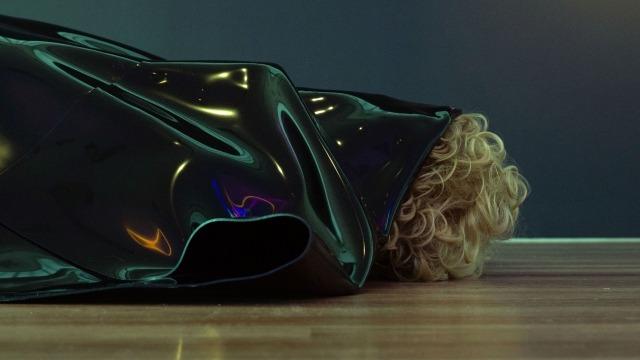Executing worlds: cultural formations of computing on the margins

How can we re-configure the capacities and powers of the humanities, arts and social sciences (HASS) faced with the seeming capacity of computing, especially AI, to recode and rework conventional HASS objects of work such as images, sound, texts? How does the capacity to interpret and situate meaning and experiences, and to reflexively invent new cultural forms and processes develop amidst generalised computation and global cultural forms in software?
This symposium will address experimental problems and methodologies for studying and developing computational culture through the arts, humanities, and social sciences. It will reflect on starting points for such work drawing on the experiences and current work of the symposium participants in their work with platforms, devices, software, and their elements.
Symposium dates:
2pm - 5pm on Thursday 29th August
9:30am – 12pm on Friday 30th August
The symposium is split into two sessions over two days. On Thursday afternoon, we will hear from scholars engaged in the critical analysis of computational culture; on Friday morning these ideas will form the basis of a collective workshop.
Anticipated topics for discussion include:
critically inventive analyses of computational cultural forms;
text approaches to the study and analysis of technical objects, systems and documents;
art methodologies and art's putative status as a metadiscipline wherein modes of knowledge, their systems of operation, practices and privileged objects of investigation and construction become materials to work with in a plastic manner;
collaboration with and through experts in data science, computing and mathematics;
software studies as a transdisciplinary field combining computing with HASS;
conceptual work with technologies to draw out philosophical and artistic dimensions of computing systems.
The workshop ranges across formats including paper presentations, discussions and some computational play/experiment.
Participants are invited to bring an executable or other potential computable to the workshop.
Interlocutors include:
Olga Goriunova (Royal Holloway)
Matthew Fuller (Goldsmiths College)
Adrian Mackenzie (Sociology, ANU)
Anna Munster (Art & Design, UNSW)
Katrina Sluis (Art & Design, ANU)
Mitchell Whitelaw (Art & Design, ANU)
This symposium is hosted by the Computational Culture Lab, ANU School of Art & Design, with support from the Research School of Humanities and the Arts, ANU College of Arts & Social Sciences.
Location
Conference Room, Sir Roland Wilson Building, 120 McCoy Circuit, Acton 2601